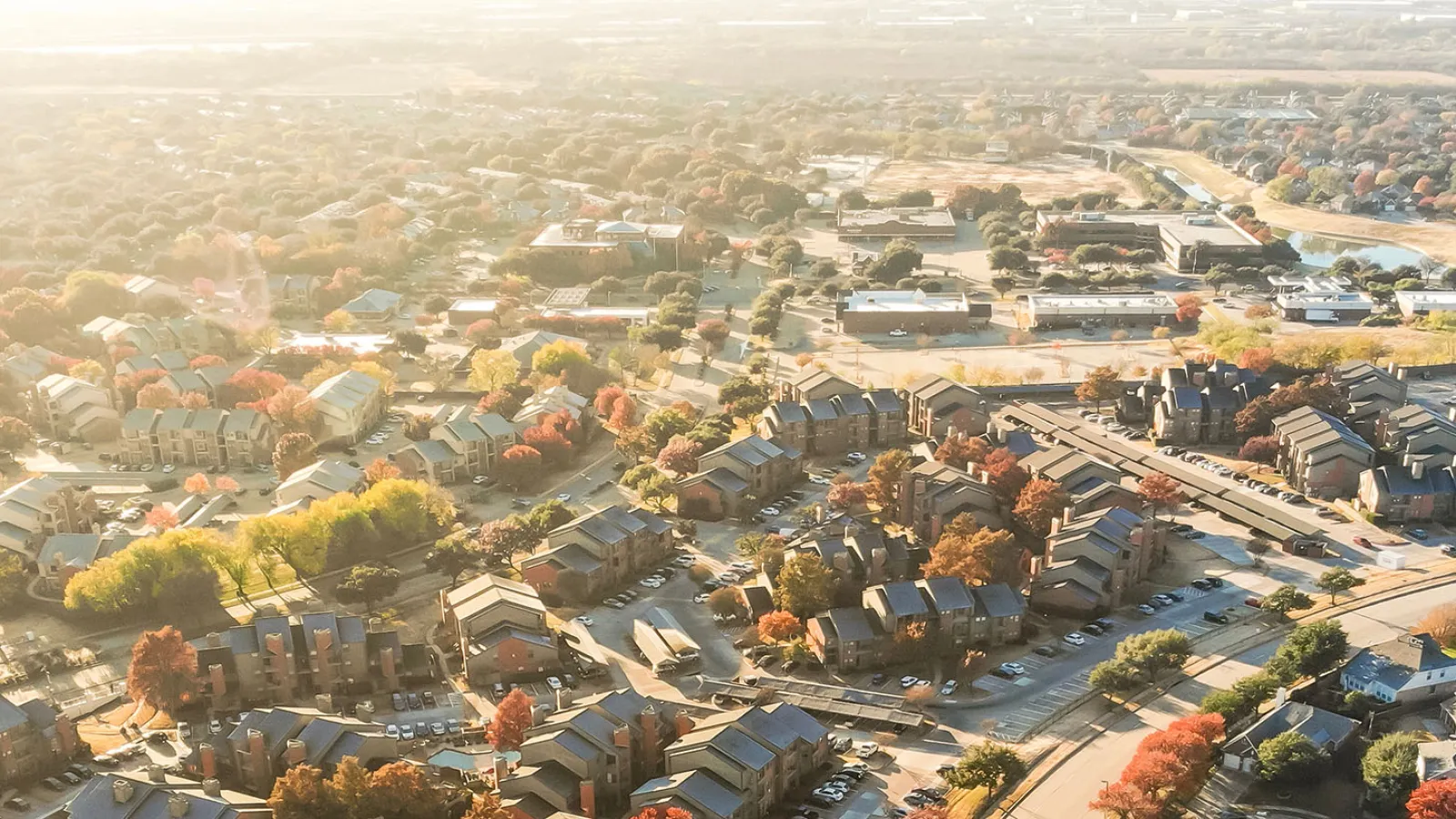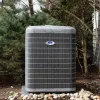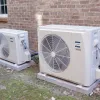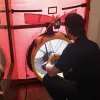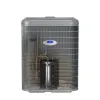We’re big fans of solar energy here at PV. Recently, we were a co-sponsor of the Georgia Solar Summit held at Georgia Tech. We got to meet with a lot of folks who are working in the solar industry here in Georgia, and we even had an opportunity to speak about HVAC and solar compatibility at the event – it was a lot of fun!
More frequently than ever, customers are asking us about going solar and what it means for their heating and air conditioning situation. That’s why we’ve started getting involved in discussions about the solar power transition in this region. We also thought it would be a good idea to publish a piece that walks people through some solar and HVAC implications to help them make a good decision about when to transition to solar energy at their homes.
The thing about solar energy is that it’s rarely a good idea to go all in without making adjustments to your home’s energy consumption first. And there’s one thing in particular that you definitely want to do before installing panels on your roof.
Solar probably won’t power all your activities
Before we talk about the thing (really it’s things, plural) you need to do before going solar at your home, we wanted to point out that most people who go solar are still buying power from their local utility.
That’s right. You will probably still get a monthly bill from Georgia Power, even after those panels go up and start generating energy.
Unfortunately, a net zero home is still very difficult to achieve. Most people consume more power than their solar panels are able to generate. So even though your power bill will be much less than if you didn’t have the panels, you’ll still have a power bill.
That doesn’t mean you shouldn’t go solar, and it doesn’t mean you will always have to buy power from the utility. As solar technology improves, residential solar arrays will continue to increase in performance.
And if you cut your energy consumption before going solar, you can keep that Georgia Power bill to an absolute minimum. Speaking of…
Get a heat pump before you go solar
This is the first thing you should definitely do before going solar. If you currently heat your home with a natural gas furnace, you should consider replacing it with a heat pump.
In most homes, heating and air conditioning account for up to half of owners’ electricity consumption. AC, of course, is powered by electricity. But a furnace isn’t. If you keep your gas furnace after going solar, you will still have gas bills in the winter.
Many people who previously relied on gas for heat are going completely electric, and modern heat pumps are helping them make the decision. Compared to heat pumps from years past, today’s units are much more efficient and much more capable of heating your home when it’s very cold outside.
Hyper heat units, in particular, do a great job of keeping your home warm even when outdoor temperatures are below freezing. Standard heat pumps couldn’t do this, and they relied on expensive resistance heating whenever the temperatures dipped into the 30s.
Not so with hyper heat! These heat pumps use an inverter-based system and make heat strips a thing of that past. And since they’re electric, you can power them with your solar panels.
Even if you don’t get a hyper heat system, be sure your heat pump has a variable speed compressor and a variable speed blower. These systems use less energy than standard systems, helping you get maximum benefit from your solar investment.
Keep in mind that if you’re trying to minimize the burning of fossil fuels for energy, any gas appliance makes it hard to achieve that goal. In addition to replacing your furnace with a heat pump, consider replacing gas ranges and clothes dryers with electric units.
Invest in a home energy assessment
Here’s the second thing you should definitely do before going solar. A home energy assessment helps you identify all of your best opportunities for improved energy efficiency.
Why do this before going solar? Because if your home isn’t already efficient, the solar panels won’t do a lot of good toward reducing your power bill.
The energy assessment shows you where you’re losing energy and helps you prioritize adjustments that make your home more efficient. Typically, home energy assessments will show you:
- Whether you’re losing heat or conditioned air to leaky ducts
- Places where a lack of air sealing is causing energy loss
- Areas of missing or inadequate insulation
By identifying these issues and addressing the most serious among them, you can improve the integrity of your home’s building envelope, minimize energy loss, and optimize for efficiency. That way, you’ll be in a good position to get the most from your solar panels.
It really doesn’t make sense to get solar panels before you do these things. Solar panels do a lot more for you when your home is already efficient, minimizing your dependence on grid power.
Going solar requires budgeting and planning
Solar is awesome, but it really is a process. It’s rarely a good idea to just declare that you’re going solar and put up some panels without giving it much thought.
To be smart about going solar, it’s important to make your home as efficient as possible first. That way, you get the most possible value out of your investment and keep your reliance on the power grid to an absolute minimum.
First, budget for the equipment you will need. A variable speed heat pump is essential, but also consider other appliances you might need to replace.
Next, invest in a home energy assessment. At PV, we do these with a blower door to pressurize the home and an infrared camera to identify areas of air leakage and missing insulation. Many homeowners qualify for a rebate for this service as well as rebates for the energy improvements they pursue as a result of the assessment.
Then, when your home is as efficient as you can make it, go solar! You’ll probably be able to generate most of your power from the panels, making your monthly electric bill an afterthought.
At PV, we can be a partner in helping you go solar. If you’re thinking about solar panels for your home and want to know the best way to proceed, get in touch with us! We’ll talk you through the process and help you get a handle on the costs and services associated with your solar transition.
